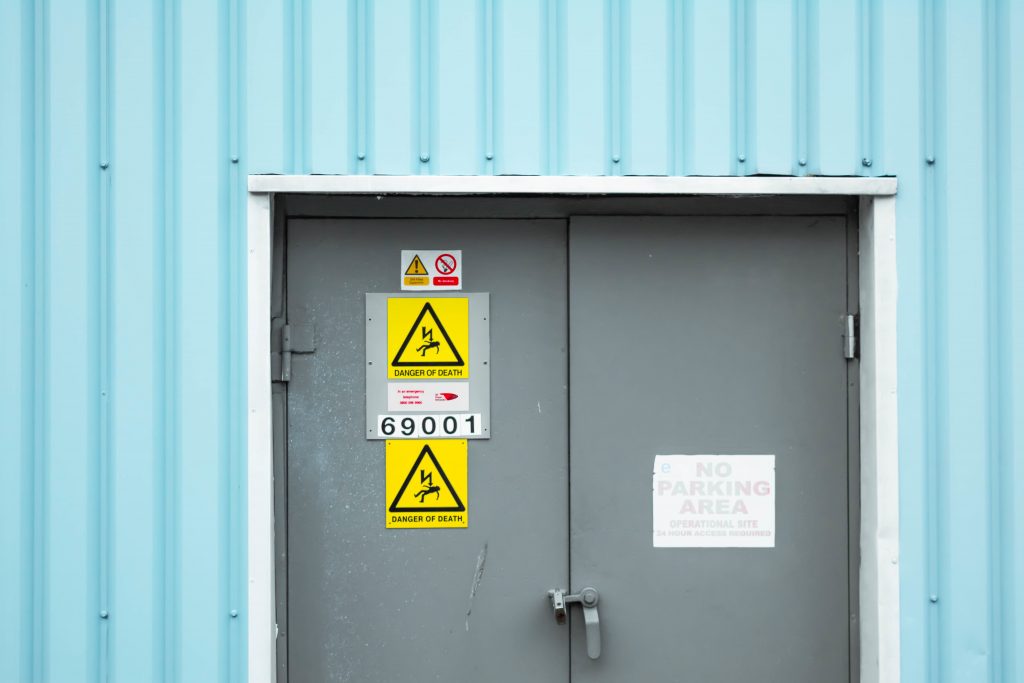How Do I Make An Abstract Noun in Russian? Posted by Maria on Feb 14, 2017 in Russian for beginners
Learners of Russian soon notice that it uses different forms for different parts of speech. Very rarely can the same sequence of sounds or letters be both a noun and an adjective. There are many, many ways of creating nouns of different categories from other parts of speech, such as verbs, adjectives, or other nouns. In this post, we will concentrate on five common suffixes that turn an adjective (or sometimes another noun) into an abstract noun.
-ость
This is the “default” suffix that takes an adjective (sans ending) and converts it into an abstract noun. It could perhaps be compared to the English suffix –ness in that it is used for neologisms or ad hoc word-building, e.g. русскость (“Russian-ness”). The resulting nouns are feminine.
- честный (honest) – честность (honesty)
- опасный (dangerous) – опасность (danger)
- уверенный (confident) – уверенность (confidence)
- необходимый (necessary) – необходимость (need, necessity)
Gorbachev’s famous policy of гласность (more or less “openness”) is also formed this way from the word голос, “voice.”
-ств-о
This is another suffix for making abstract nouns, neuter this time. -о is the ending that will change in declension.
- родной (blood /of relatives/; native) – родство (/blood/ relation)
- богатый (rich) – богатство (wealth)
- дети (children) – детство (childhood)
- брат (brother) – братство (brotherhood)
-от-а
This suffixs makes adjectives into abstract feminine nouns. -а is the ending here.
- добрый (kind) – доброта (kindness)
- красивый, originally красный (beautiful) – красота (beauty)
- кислый (sour, acidic) – кислота (acid)
- чистый (clean, pure) – чистота (cleanliness, purity)
There several other nouns ending in -ота where the derivation is not as straightforward, for instance работа (work) or высота (height).
-ин-а
This suffix is usually added to adjectives to make a noun.
- тихий (quiet) – тишина (silence; note the phonetic change of х to ш)
- глубокий (deep) – глубина (depth; not a very neat case because we first drop the adjective suffix -ок-)
- великий (great) – величина (magnitude, measurement)
- средний (middle, average) – середина (the middle; extra vowel due to a phonetic change called pleophony)
-изн-а
This is a somewhat rarer suffix that takes an adjective and turns it to a noun.
- белый (white) – белизна (whiteness)
- новый (new) – новизна (novelty)
- дорогой (expensive) – дороговизна (costliness)
- кривой (curved, crooked) – кривизна (curvature)
This was a very brief overview of forming abstract nouns in Russian. Just as in Enlgish, there is no one-size-fits-all suffix that would work for every word. I encourage you to identify these and other suffixes when reading Russian so you can add more examples to each group.
Note that not all nouns are derived from adjectives! Some nouns are the source of any further derivation, e.g. ум (intelligence) – умный (clever, smart).
If this was a bit too challenging, you may want to read our posts for beginners first!

Build vocabulary, practice pronunciation, and more with Transparent Language Online. Available anytime, anywhere, on any device.









Comments:
Moonyeen Albrecht:
Excellent post! Thank you!
Maria:
@Moonyeen Albrecht Glad you found it useful!